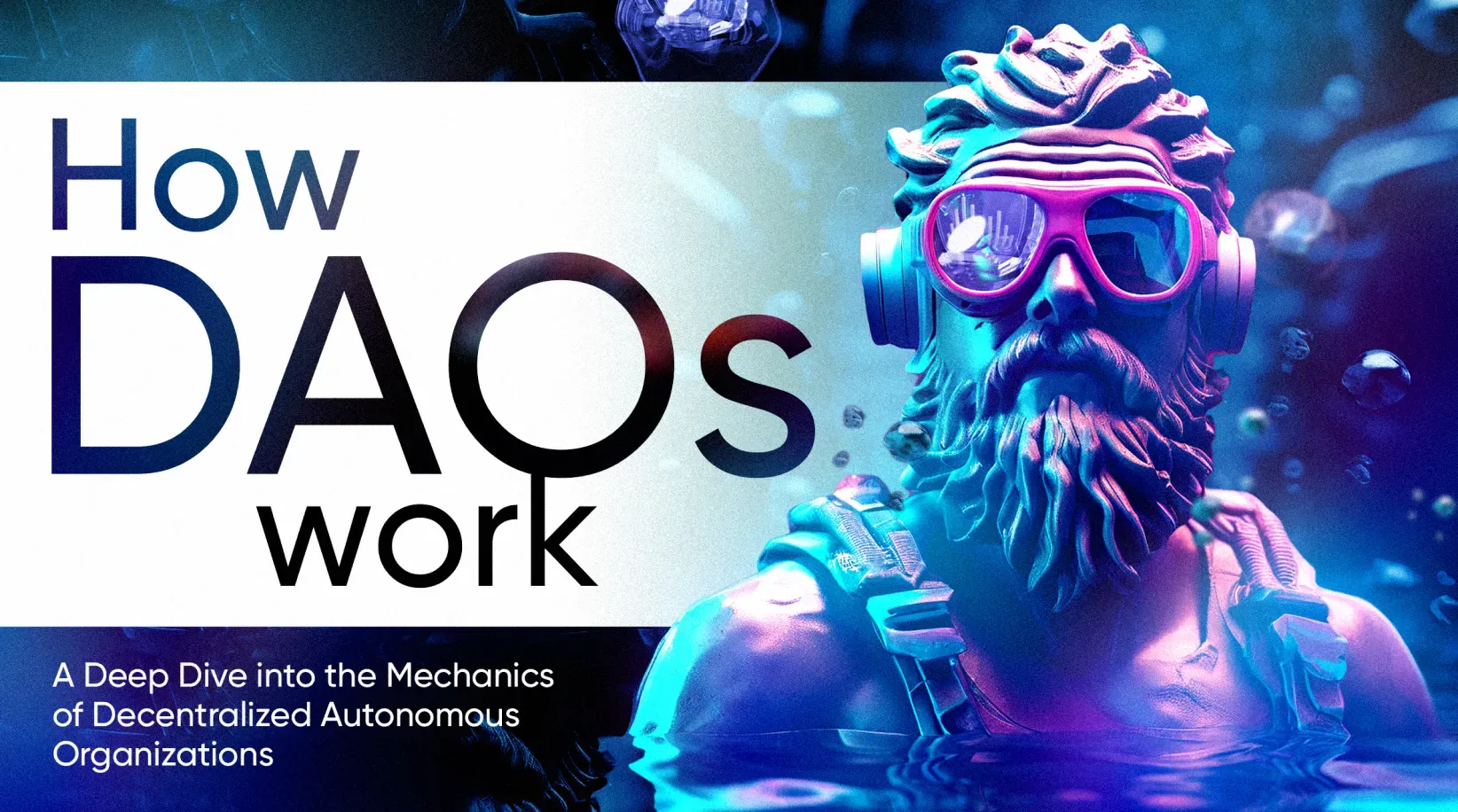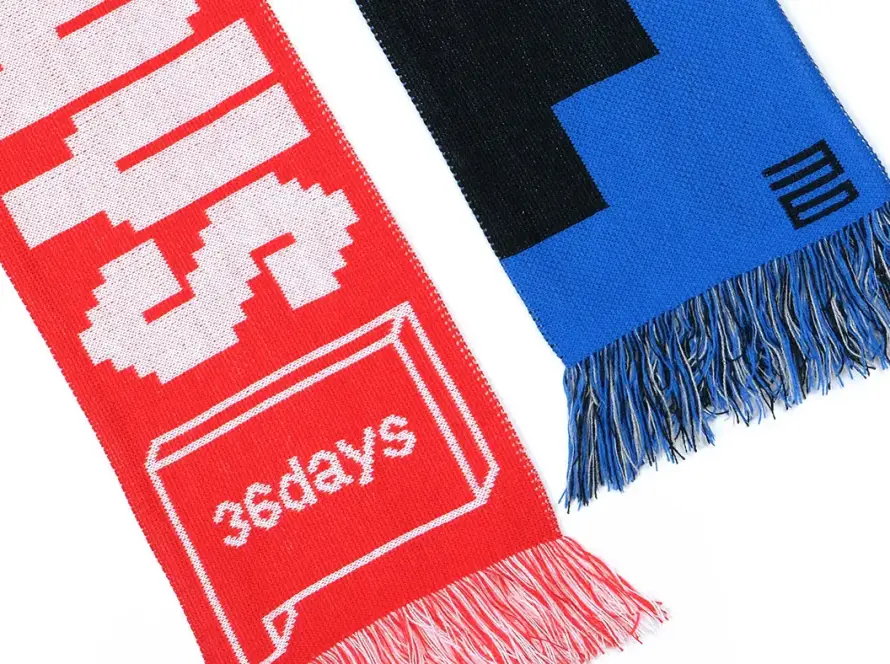By Ethan Cole – European Football Analyst
What’s a DAO?
Decentralized Autonomous Organizations (DAOs) are blockchain-based collectives where members vote on decisions using tokens. In 2025, some football enthusiasts are asking: could DAO football clubs reshape ownership models?
How DAO Clubs Work
Fans buy governance tokens that grant voting rights. Members decide on:
- Manager appointments.
- Transfer targets.
- Budget allocation.
- Branding choices (kits, logos).
Everything is recorded transparently on the blockchain.
Case Studies
- A group of fans launched a DAO to fund a fifth-division Spanish club, voting on matchday strategies.
- A startup proposed creating a DAO-based franchise in the U.S., owned entirely by token-holders.
- Esports already has DAO teams, inspiring football experiments.
Supporters’ Perspectives
Younger fans like the idea of “football democracy.” For them, DAOs make ownership inclusive, not reserved for billionaires. Global fans also feel empowered; finally, they get a say.
But critics argue football isn’t FIFA Career Mode. Decision-making requires expertise, and letting thousands vote on transfers risks chaos.
Clubs’ Challenges
Traditional clubs resist, fearing loss of control. Even those experimenting limit fan votes to cosmetic choices (like kit colors). Running a competitive squad via DAO remains untested.
Risks and Pitfalls
- Token whales: Wealthy investors can buy large shares and dominate votes.
- Gridlock: Too many voices could paralyze decision-making.
- Legal hurdles: FIFA and national federations may not recognize DAOs as legitimate owners.
The Bigger Picture
DAO clubs reflect fans’ frustration with billionaire ownership. They want transparency and democracy. Blockchain makes it possible, but whether it’s practical in elite football is doubtful.
Final Whistle
DAO football clubs may not topple Manchester City anytime soon. But as experiments grow, they show fans are eager for more control. Whether DAOs bring democracy or digital chaos will define their future in the game.




